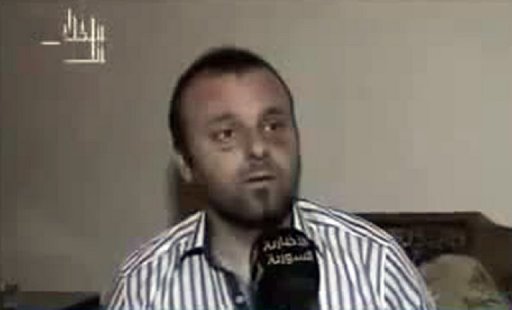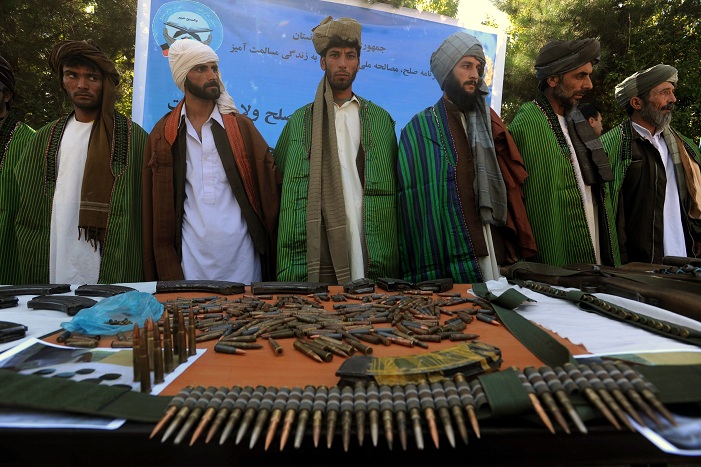Photojournalists hold one-day strike
Participants decry dangerous conditions under which they operate
‘Zero tolerance for any form of dissent’: HRW
Human Rights Watch, Reporters Without Borders criticise limits on free expression
Surge in journalist abductions in 2013: RSF
At least 18 foreign journalists and 22 Syrian news providers are currently…
5 journalists killed, more than 80 arrested in last 2 months
Reporters Without Borders decries continued targeting of journalists
Two journalists assaulted in Al-Nahda Square
Journalists attacked by former president Mohamed Morsi’s supporters
Reporters Without Borders calls for quick roadmap implementation
The non-profit organisation said it was alarmed that shutting down religious channels…
Turkish journalist missing for months in Syria freed
Unal said Saturday that he had been detained by Syrian soldiers and…
Afghanistan bans Pakistani newspapers for spreading pro-Taliban messages
Pakistani newspapers accused of undermining Afghan government






